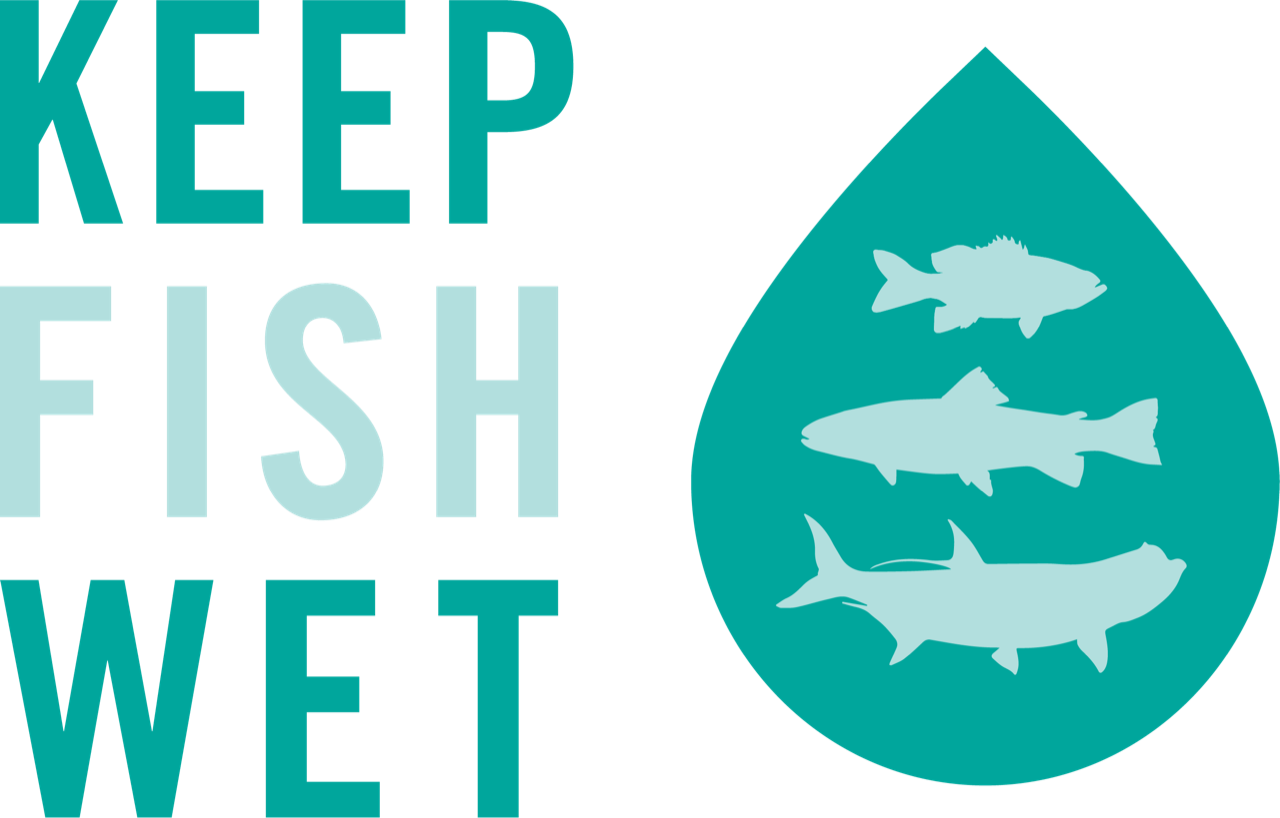Photo- Raja PK, metaphoronline.in
Keep Fish Wet: Why do you believe Keep Fish Wet is important?
Shannon Bower: KFW is important to me conceptually as a strategy for improving outcomes for angled fish, but also as an overall fishing ethic. I strongly believe we need to transition away from fishing attitudes that focus on the size and number of fish caught towards appreciation of fishing as an experience.
KFW: How do you use KFW principles and tips professionally and personally?
SB: Helping anglers see the benefits of adopting best practices is part of the work I do in the field. In the past, this has been achieved using three different streams: one, discussing best practices with anglers volunteering with me in the field; two, learning to practice what I preach and being open to discussions, questions, and different points of view; and three, using field work as an opportunity to engage with communities for fishing events (like WFMD and kids’ fishing camps) and sharing best practices and rec fishing science in those venues.
I’ve become more cognizant of best practices as an evolving learning scenario. I try to keep up to date on changes or context in fisheries. I do a lot more preparation before fishing (thinking about conditions, target species and then choosing appropriate gear accordingly) than I used to. I work hard to try and minimize handling contact with fish and to keep their gills submerged as much as possible during unhooking and release. I also work towards changing my own attitudes. It’s easy to get caught up with the idea that you’re only a good angler if you catch a lot of big fish, but I’m trying to focus more on enjoying my time, enjoying the interactions with aquatic wildlife, and taking pride in ensuring those interaction are as un-invasive as possible. The bonus outcome is that I rarely mind getting skunked anymore- all days on the water are great days!
KFW: What do you feel is the next big question to address when it comes to evaluating how fish are handled and released?
SB: Tough one. I think we need to get a better handle on the variation in site-specificity for certain tried-and-true handling standards. We know one size doesn’t fit all, but we have a long way to go in knowing what works best in a variety of different scenarios. I think addressing some of those differences would help sell best practices concepts a little more effectively. (Though I maintain that KFW is a universal principle!)
A close second would be that we need to get a better handle on population-level responses. We can’t just infer them forever.
Shannon Bower is a fisheries researcher and a passionate advocate for freshwater conservation. This advocacy was born out of decades spent discovering, experiencing, and enjoying wild spaces. As a researcher, Shannon studies the growth of recreational fisheries in developing and emerging economies, an undervalued and understudied sector with enormous potential for both benefit and impact. In this research, she uses a social-ecological systems approach to understand the biological, social, and economic dynamics of catch-and-release fisheries using a variety of methods to provide fisheries stakeholders with the information they need to manage these target populations sustainably.
Shannon believes there is a pressing need for study of recreational fishing that adopts transdisciplinary and participatory research approaches to address key issues in the sector. Issues such as conflicts situations, concerns regarding fishing rights and subsistence harvest needs, cultural norms related to catch and release practices, and data deficiencies surrounding species-specific responses to typical recreational fishing activities need to be addressed to support sustainable management of fish populations and benefit fishing communities.
I've been fishing since I was little. My grandfather was a reporter who had a column called Rod and Gun in the local paper during the 50's, where he advocated for catch and release of trophy fish. He taught my dad to fish and my dad taught me. I love learned new tricks and techniques from people and learn something new from everyone I fish with. I love all kinds of fishing, but small rivers and streams are my ultimate favourite.
I took up fly fishing about four years ago, but am still pretty terrible at it. Rumour has it sucking at something is the first step to being great at it, so I expect to magically turn pro any day now.
I'm in love with my study species and the rivers of India. Mahseer (of any species) are really cool fish, and it's been amazing to have the chance to get to learn about them and work with all of the fantastic people involved with recreational fishing in India. This is a fish that should be on everyone's bucket list, and India is an incredible country to visit. I'm super excited to be the Director of Recreational Angling for the Mahseer Trust, a UK-based charity working towards mahseer and river conservation in mahseer countries across Asia.
Rec Fish Reels is just an FB page I use to talk about recreational fisheries research (and associated topics). Most of the people who follow it are from South Asia, so I try to post content that's relevant to that area and I'm excited to introduce #keepemwet over there.
Photo- Raja PK, metaphoronline.in



